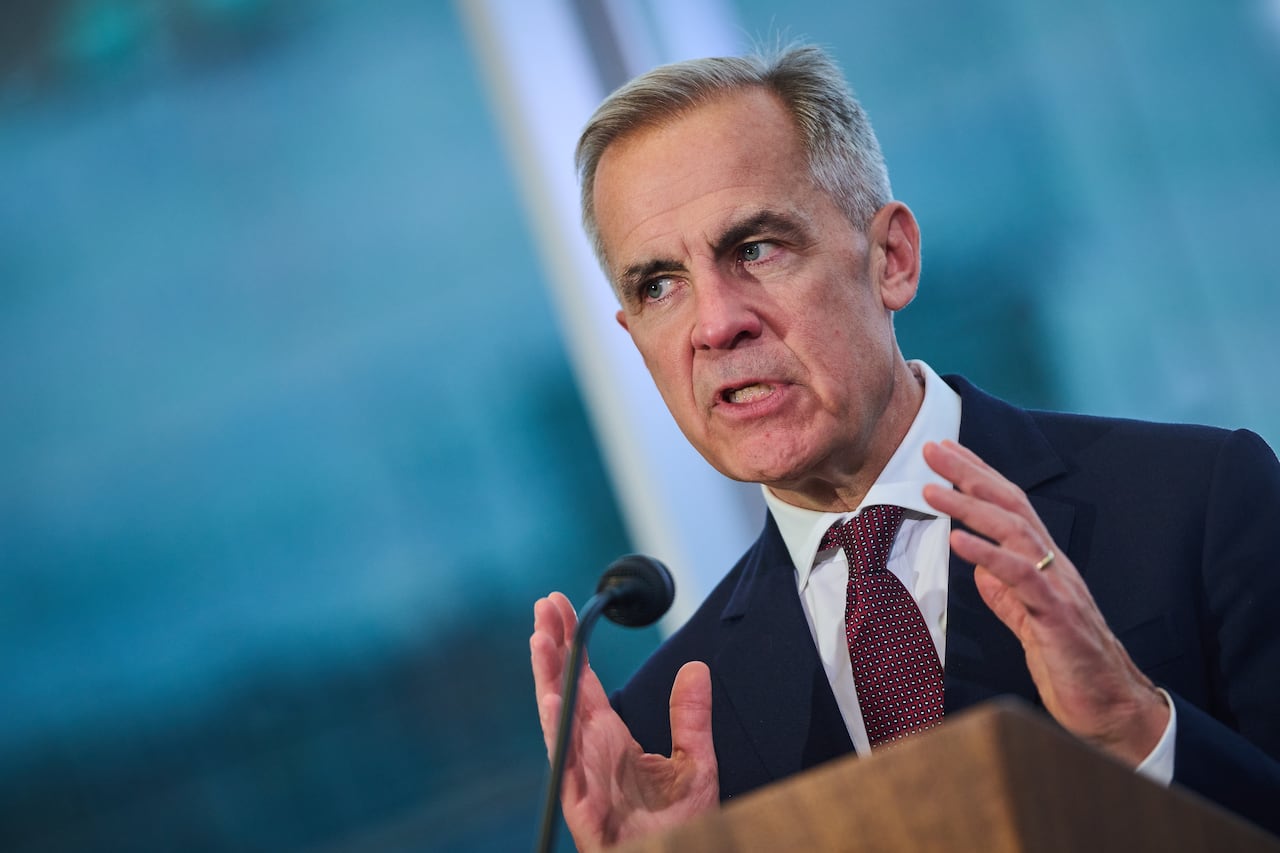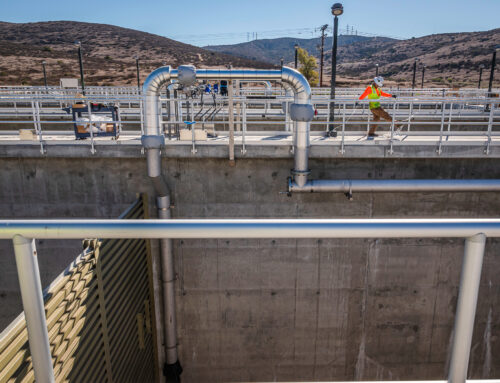Current government ‘stands by’ Canada’s climate targets, environment minister says
November 10, 2025
Listen to this article
Estimated 4 minutes
The audio version of this article is generated by text-to-speech, a technology based on artificial intelligence.
Canada’s new environment minister and Environment and Climate Change officials confirmed that the federal government is standing by the national climate targets previously set under Justin Trudeau.
On several occasions, Environment and Climate Change Minister Julie Dabrusin was asked about whether the current Liberal government was still committed to working toward the near-term targets set under the previous prime minister, particularly the 2035 emissions target.
Canada has committed to reducing greenhouse gas emissions by a minimum of 45 per cent below 2005 by that timeline.
“Our targets remain the same. And we always knew that they were ambitious targets, right? So that was always going to be a stretch. But that’s the whole point of having ambitious targets — is it forces us to do that stretch,” Dabrusin recently told the CBC’s environment and climate change podcast, What on Earth.
When pushed further on whether the Carney government accepts the previous government’s goal of cutting emissions, the minister said this: “That’s right. That’s our country’s targets.”

What On Earth26:04Is Canada really a climate leader?
Can Canada have it all when it comes to fighting climate change and fossil fuel extraction? That appears to be the goal in Prime Minister Mark Carney’s first budget. But Climate Minister Julie Dabrusin says Canada still has cred in the fight to lower emissions, as she heads to the UN’s climate conference in Brazil. Then, we hear what’s at stake as the world gathers in the Amazon rainforest for COP30, and what climate leadership looks like in 2025.
Prime Minister Mark Carney also reiterated support for the targets on Monday when he released his “Buy Canadian Plan.”
The remarks mark the first notable time Carney and his environment minister have given a ringing endorsement of Canada’s current climate targets.

When previously asked, Dabrusin and Carney offered vague remarks and their recent Climate Competitiveness Strategy made no mention of the targets. The absence of the near-term target left some to speculate that Canada might be abandoning its climate goals.
On Friday, public servants with Environment and Climate Change Canada held a media briefing ahead of the United Nations Climate summit, COP 30, which is underway in Brazil. The officials spoke on background and journalists were not allowed to attribute the comments to named individuals, but they also backed up the government’s comments.
One official stated that the 2035 target — first announced in December, just weeks before Trudeau’s resignation — was submitted to the United Nations, and “we [the government] stand by that.”
“I think the government has made it very clear that this is a pathway, and that net-zero commitment by 2050 is the overall objective. And we’re working through that,” the official told reporters.
Climate targets are often viewed as a hard pass or fail, but climate researchers and policymakers are increasingly urging the public to view them differently, as making some progress is better than none.
That was one of the messages emerging from a recent report from the Canadian Climate Institute, which found that Canada will miss its 2030 climate goal, but noted the overall findings should be viewed as guideposts that allow countries to course-correct.
This year’s COP 30 summit marks a decade since countries agreed to the landmark 2015 Paris Agreement. Through that climate accord, countries agreed to limit global warming to “well below” 2 C above pre-industrial levels, while striving to limit it to 1.5 C.
An Environment and Climate Change Canada official noted that nearly 200 countries, including Canada, have submitted new national climate plans, which, if fully implemented, would reduce the projected rise of global temperatures from 4 C to below 3 C.
It’s well short of the Paris goal and comes with stark consequences, but keeps progress still within reach.
Search
RECENT PRESS RELEASES
Related Post




